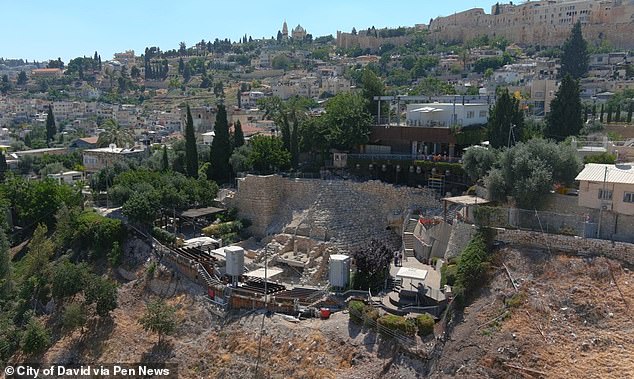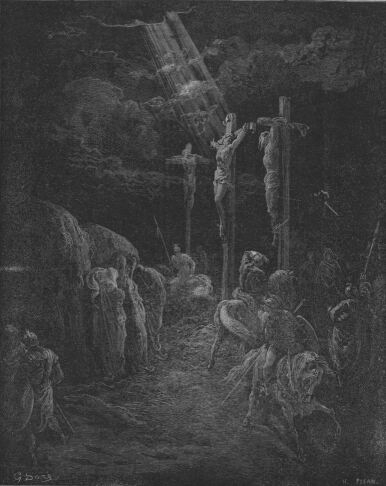The H-2A visa program is an example of how legal immigration can supply labor in America, but farmers say reform is needed.

Joe Mencer, owner of Mencer Farms in Lake Village, Ark., on April 29, 2025. Samira Bouaou/The Epoch Times
LAKE VILLAGE, Ark. – On a breezy day, sun and shadow dance across Mencer farms, turning it into a patchwork of green in the fertile Arkansas Delta.
It is humid here in the deep South, where the clock seems to run slower and the temperature hotter than in other places.
Lake Village is a small town sitting along Lake Chicot, an abandoned channel of the Mississippi River. Over thousands of years, flooding deposited rich alluvial soil, making it ideal for crops such as rice, cotton, soybeans, and corn.
As a child, William Mencer’s grandfather handed him a cowboy hat and a garden hoe to dig up the pigweeds growing between the crop rows.
The 31-year-old farmer remembers spending long, sweltering days alongside the farmworkers, his hands growing rough and calloused with the effort.
“So I learned, you know, what it was like for these workers.”
He vowed to escape the sweat and toil of the fields by going to law school and working in an office. But the family farm drew him back like a love song.
Now he is partnering with his father, Joe Mencer, to keep the farm afloat with temporary agriculture workers through the H-2A visa program. Continue reading

 Have you ever had one of those jarring moments when the lyrics of a song you once jammed to as a kid suddenly hit you with grown-up clarity? Maybe it was hearing Free Bird and suddenly realizing the masses in your high school were swaying to a breakup anthem. Or perhaps at your kids’ Catholic athletic event it struck you that “if you’re into evil you’re a friend of mine” (AC/DC’s Hells Bells) might not be the best fire-up song (pun intended). One of my personal favorites was discovering the biting genius behind Bugs Bunny’s old jab, “What a maroon!” – a mispronounced moron, cloaked in Looney Tunes levity but hitting with uncanny precision.
Have you ever had one of those jarring moments when the lyrics of a song you once jammed to as a kid suddenly hit you with grown-up clarity? Maybe it was hearing Free Bird and suddenly realizing the masses in your high school were swaying to a breakup anthem. Or perhaps at your kids’ Catholic athletic event it struck you that “if you’re into evil you’re a friend of mine” (AC/DC’s Hells Bells) might not be the best fire-up song (pun intended). One of my personal favorites was discovering the biting genius behind Bugs Bunny’s old jab, “What a maroon!” – a mispronounced moron, cloaked in Looney Tunes levity but hitting with uncanny precision. President Trump touted a new executive order that would more closely align drug prices in the US with those sold in Europe and the UK, opening the door for drugs used by millions of Americans to become cheaper.
President Trump touted a new executive order that would more closely align drug prices in the US with those sold in Europe and the UK, opening the door for drugs used by millions of Americans to become cheaper. For generations, trade has shaped our country into the envy of the world. America was built on it. Without robust partnerships and markets around the globe, our nation’s economy would grind to a halt. As I see it, though, our country’s conventional approach to tariffs , no matter how well-intentioned, has failed to address the modern complexities of the global trade market and the experience of America’s agricultural producers and manufacturers.
For generations, trade has shaped our country into the envy of the world. America was built on it. Without robust partnerships and markets around the globe, our nation’s economy would grind to a halt. As I see it, though, our country’s conventional approach to tariffs , no matter how well-intentioned, has failed to address the modern complexities of the global trade market and the experience of America’s agricultural producers and manufacturers.
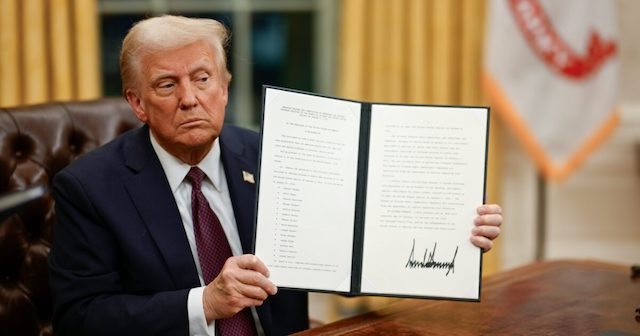
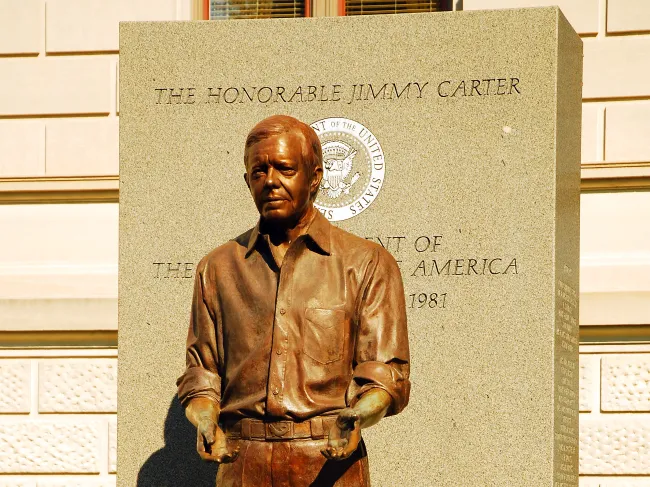 Yes, the NYT later mentioned briefly that Carter began the process to deregulate gasoline and oil prices, but for the most part, the accolades from the progressive side of American politics have concentrated on his activities after he left Washington. Others praise his progressive measures and support for solar energy, but fail to understand how important his economic legacy really was.
Yes, the NYT later mentioned briefly that Carter began the process to deregulate gasoline and oil prices, but for the most part, the accolades from the progressive side of American politics have concentrated on his activities after he left Washington. Others praise his progressive measures and support for solar energy, but fail to understand how important his economic legacy really was. 
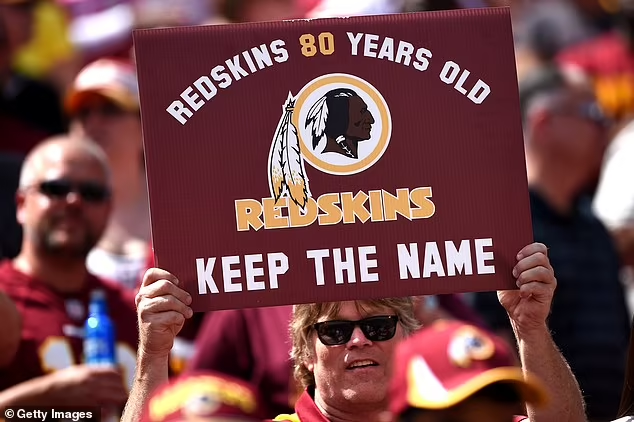 The team was known as the Redskins from 1937-2019 but dropped its name ahead of the 2020 season (initially going by the Washington Football Team for two seasons) following years of social pressure – with many Native Americans finding the word to be racially insensitive.
The team was known as the Redskins from 1937-2019 but dropped its name ahead of the 2020 season (initially going by the Washington Football Team for two seasons) following years of social pressure – with many Native Americans finding the word to be racially insensitive.
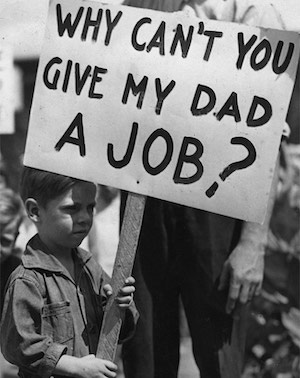 The U.S. economy created fewer jobs than expected while the unemployment rate increased, signaling that the labor market could be going through a rapid deceleration at a time when the Federal Reserve could soon be cutting interest rates.
The U.S. economy created fewer jobs than expected while the unemployment rate increased, signaling that the labor market could be going through a rapid deceleration at a time when the Federal Reserve could soon be cutting interest rates.

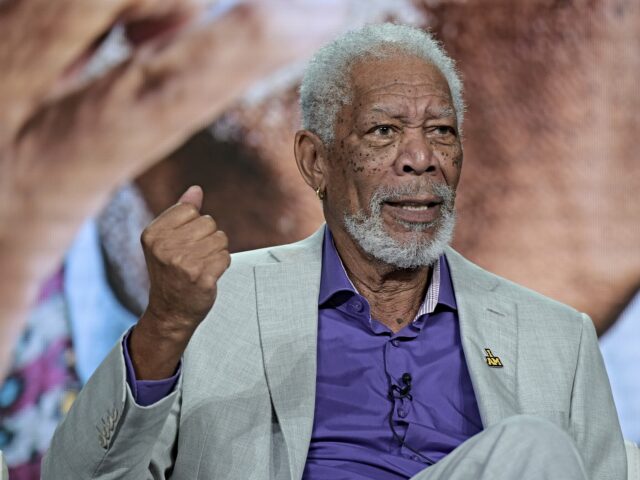 Oscar-winning actor Morgan Freeman has turned on Black History Month and declared he “detests it.”
Oscar-winning actor Morgan Freeman has turned on Black History Month and declared he “detests it.” Two Mexicans are stuck in the desert after crossing into the United States wandering aimlessly and starving.
Two Mexicans are stuck in the desert after crossing into the United States wandering aimlessly and starving.